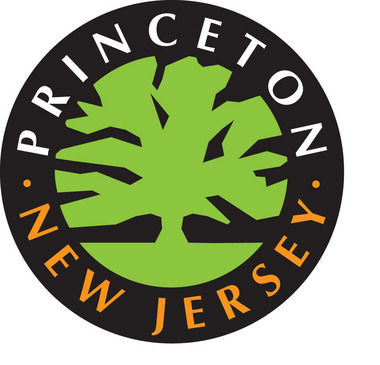By Philip Sean Curran, Staff Writer
The first Princeton residents receiving free money from Princeton University will get checks beginning sometime next fall, said a lawyer involved in creating a fund that will make payments over the next six years to low-income property owners.
The gift program is a result of the settlement Nassau Hall had reached with a group of Princeton residents who sued challenging the university’s property tax exemption. Nearly 870 households are eligible for an equal share of a $2-million fund in 2017, said public interest attorney Bruce I. Afran, who represented the residents in the suit. Those represent property owners who signed up for the state Homestead Rebate program, which provides money to help them pay their real estate taxes.
After 2017, the pool of money will drop from $2 million to $1.6 million annually until 2022. At the moment, Mr. Afran said he and representatives of the university are trying to choose a nonprofit foundation that will administer the program.
“We’re in the middle of that search process now,” he said Tuesday.
Mr. Afran declined to say what criteria they are using to choose a foundation, although he said the identity of the organization would be disclosed once one is chosen. He said it would be a “well-established” nonprofit.
The organization that gets selected would be paid, for administrative costs, out of the money the university is making available each year. Mr. Afran said administrative costs would be kept low, at less than 10 percent annually.
In determining who gets the money, the foundation will rely upon the latest list the state compiles of homeowners who have signed up for the rebate program, he said. The most current list is from 2013, so he said some double-checking might have to occur to make sure they still live in Princeton.
The grants that residents will receive are being considered gifts. For tax purposes, Mr. Afran suggested recipients check with their accountant on whether they owe anything to the government. But he said with the gift exemption at $14,000 per person, he said most of the recipients would have nothing to worry about.

